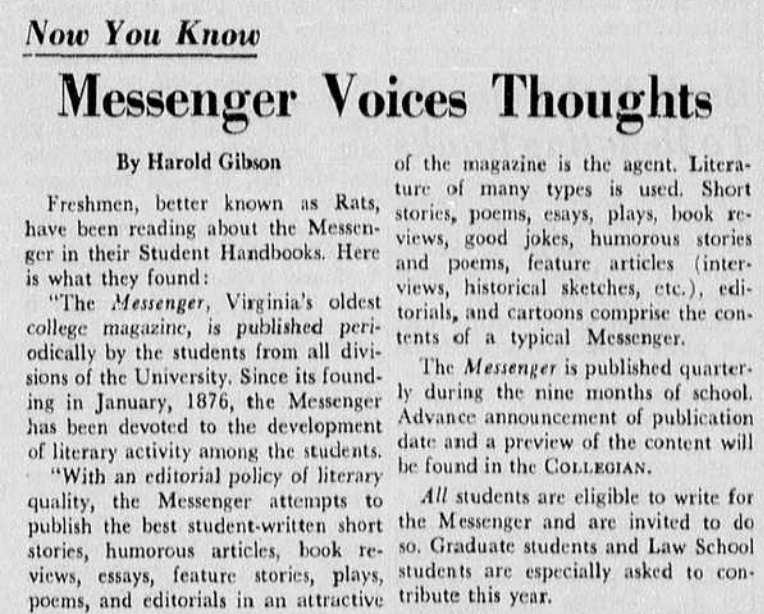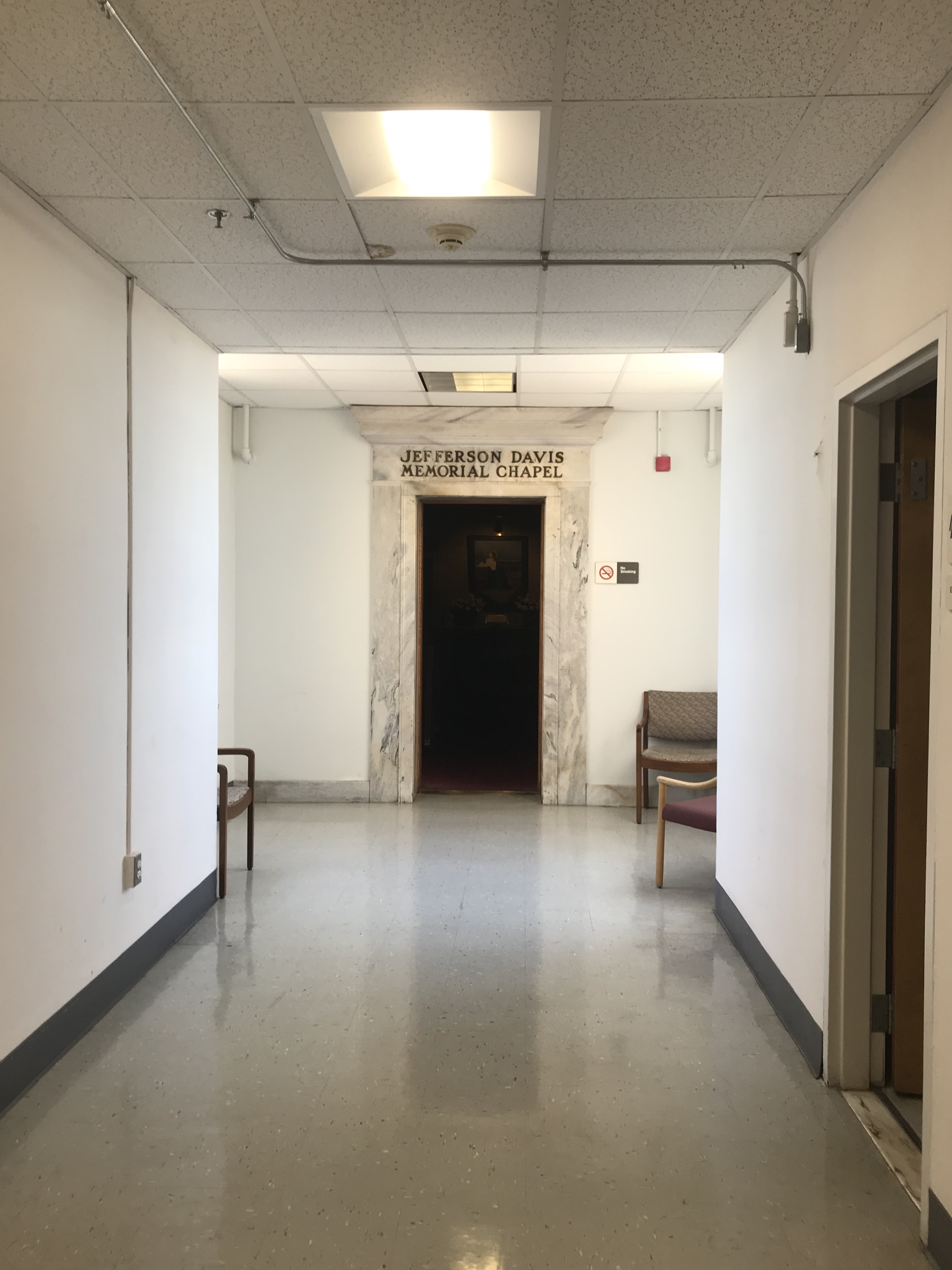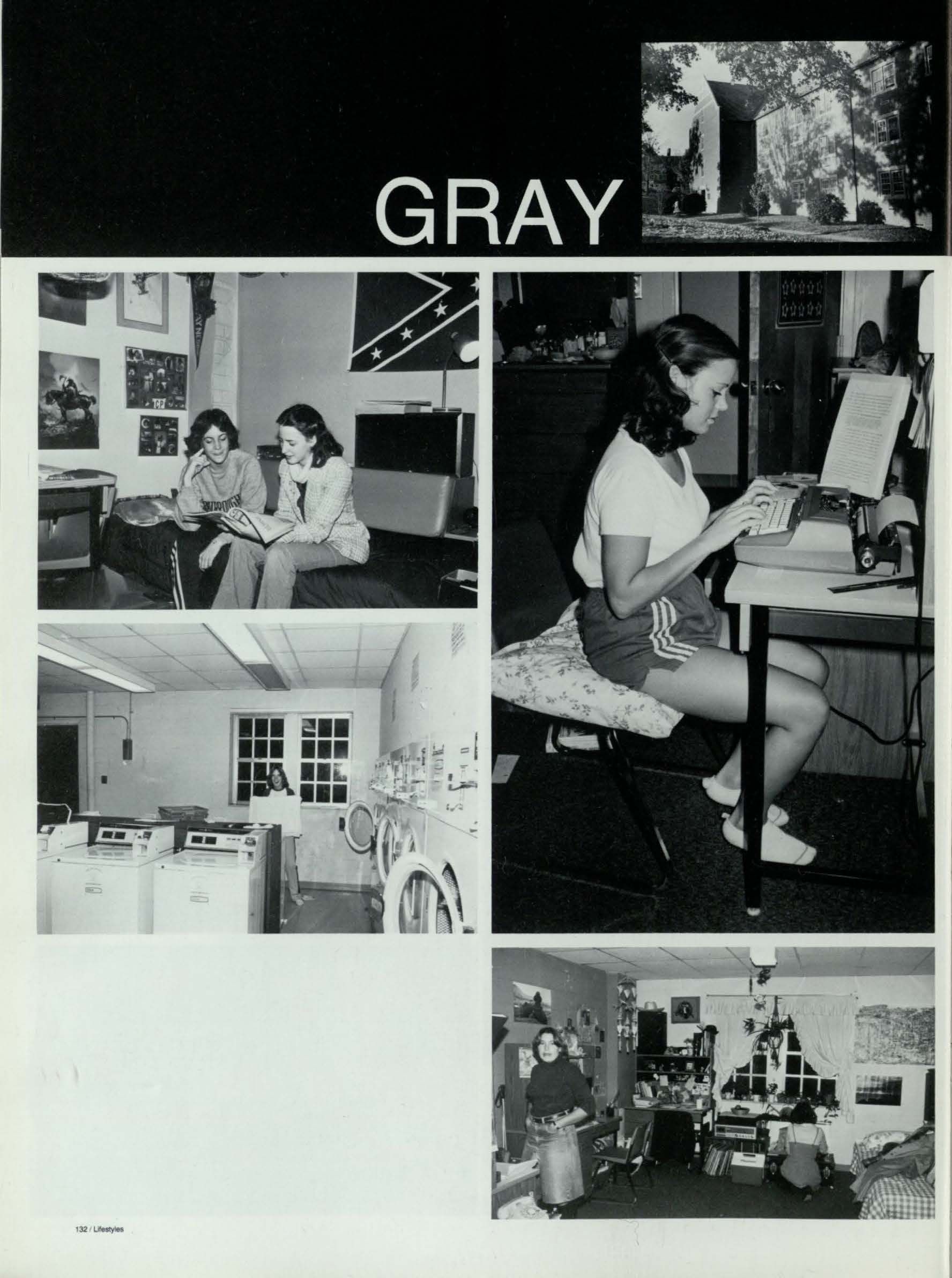by Gabby Kiser
Gabby Kiser is a junior from Williamsburg, Virginia majoring in English and minoring in History. This is her first summer with the Race & Racism Project. She is also the general manager of WDCE 90.1 FM, a design editor for The Messenger, and a Bunk content wrangler.
Over the years, the Messenger literary magazine has had its ups and downs on campus. Not only has it encountered numerous periods of disinterest from students; it’s regularly been the target of a great amount of criticism. A lot of this criticism has condemned the magazine’s lack of humor and, as one 1957 Collegian article put it, “nebulous stories and poetry.” In 1960, for example, Collegian columnist Edie Graves called the average Messenger “a total loss” and begged for a change. Still, when the magazine became the satirical Messenger Lampoon in 1977, a number of students were incensed that the campus would be without a literary magazine, even for just a year. One Collegian article from 1955, though, takes the cake as the strangest statement I’ve discovered of what the Messenger is and should be.
 “Now You Know: Messenger Voices Thoughts” by Harold Gibson is framed as an explanation of a vague description of the Messenger found in Student Handbooks. Said description mentions the magazine’s “editorial policy of literary quality” as its defining characteristic. Gibson takes it upon himself, then, to explain what “literary quality” means by delving into an argument of what counts as literary realism and attacking work that “approaches the vulgar just for the sake of the vulgar.” The Messenger, he alleges, accepts none of this “pornographic trash.” And though he assures readers that the Messenger isn’t “high brow” and urges student participation, his article comes off as aggressive rather than welcoming.
“Now You Know: Messenger Voices Thoughts” by Harold Gibson is framed as an explanation of a vague description of the Messenger found in Student Handbooks. Said description mentions the magazine’s “editorial policy of literary quality” as its defining characteristic. Gibson takes it upon himself, then, to explain what “literary quality” means by delving into an argument of what counts as literary realism and attacking work that “approaches the vulgar just for the sake of the vulgar.” The Messenger, he alleges, accepts none of this “pornographic trash.” And though he assures readers that the Messenger isn’t “high brow” and urges student participation, his article comes off as aggressive rather than welcoming.


 On the 17th floor of the VCU Medical Center’s West Hospital rests an unexpected beast. Sure, there’s a plaque in the 1st floor lobby that states the Jefferson Davis Memorial Chapel is just an elevator trip away, but, if I hadn’t done research before showing up, I certainly wouldn’t have anticipated seeing its marble archway behind an unmarked wooden door, sharing the hall with an employee-only restroom and a spattering of what appear to be used waiting-room chairs.
On the 17th floor of the VCU Medical Center’s West Hospital rests an unexpected beast. Sure, there’s a plaque in the 1st floor lobby that states the Jefferson Davis Memorial Chapel is just an elevator trip away, but, if I hadn’t done research before showing up, I certainly wouldn’t have anticipated seeing its marble archway behind an unmarked wooden door, sharing the hall with an employee-only restroom and a spattering of what appear to be used waiting-room chairs.